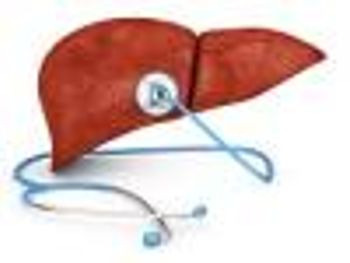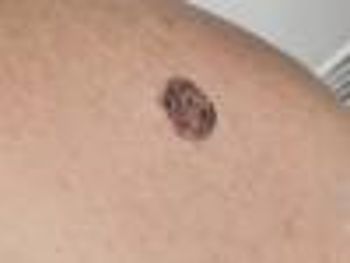
Premenopausal, overweight women have a decreased risk of breast cancer, while postmenopausal women have an increased risk.

Premenopausal, overweight women have a decreased risk of breast cancer, while postmenopausal women have an increased risk.

Study highlights care strategies for HIV patients to address the differences in the disease among patients in different age groups.

Top news of the day from across the health care landscape.

Limited evidence connects HIV severity and highly active antiretroviral therapy (HAART) regimens.

Investigational drug used alone or in combination demonstrated superiority to methotrexate in patients with active rheumatoid arthritis.

A general lack of knowledge for symptoms of cancer linked to regions where cancer survival is worse.

Six-week direct-acting antiviral treatment regimen with Sovaldi and ribavirin produced sub-optimal results in newly infected hepatitis C patients.

Biologic drug tocilizumab is available in both intravenous and subcutaneous formulations for the treatment of patients with autoimmune conditions.

Sudden sensorineural hearing loss occurs more often in patients with multiple sclerosis than among the general population.

Top news of the day from across the health care landscape.

Crizotinib-pre-treated patients with non-small cell lung cancer experienced superior survival rates compared with chemotherapy.

ElastPQ technique can better detect liver fibrosis in patients with hepatitis C.

A new grant will fund a 5-year study on how mobile technology can assist minority patients with diabetes treatment adherence.

Adjuvant treatment with recombinant, human monoclonal antibody extended overall survival in patients with melanoma in a recent trial.

A health and exercise program may improve quality-of-life in patients recovering from bowel cancer.

Top news of the day from across the health care landscape.

Large proportion of adolescents who are HIV-positive are unaware of their infection.

Zitter Health Insights and Specialty Pharmacy Times partner to recognize the top performing specialty pharmacies based on patient satisfaction.

Patients achieve results when complex therapy is expertly guided by a specialty pharmacy.

LEE011 plus letrozole may prove to be effective first-line breast cancer therapy.

Stool transplantation in patients who have an infection of the bowel with recurrent C. difficile shows promise.

HIV-infected patients may have worse outcomes in ocular syphilis than those without the virus.

Researchers unveil the molecular workings of MS drug Tecfidera using new technology.

Top news of the day from across the health care landscape.

Researchers discover which type of gut bacteria may influence the effectiveness of chemotherapy.

Mark Tesell, PharmD, BCPS, clinical consultant pharmacist for UMass Medical School Clinical Pharmacy Services, discusses potential solutions for access to cholesterol lowering drugs to improve.

Top news of the week in oncology, and cancer drug development.

The loss of interleukin-33 allows tumors to hide from the immune system.

Alecensa found to increase progression-free survival in ALK-positive non-small cell lung cancer compared with crizotinib.

Top news of the week on Specialty Pharmacy Times.